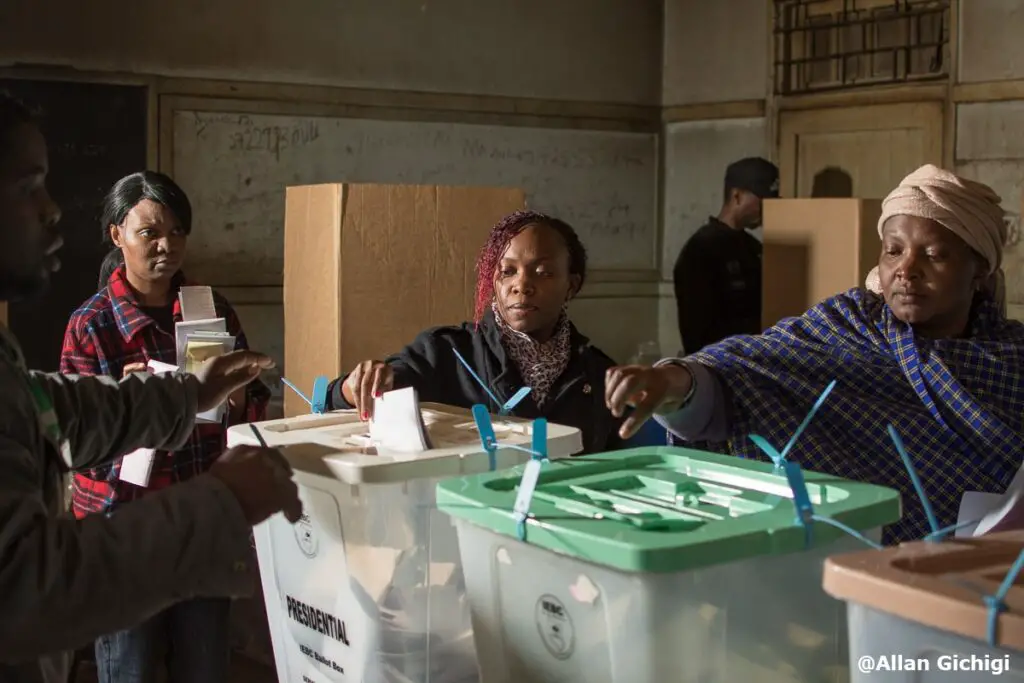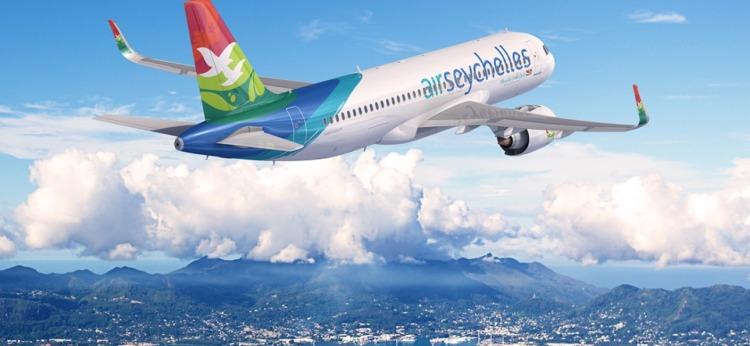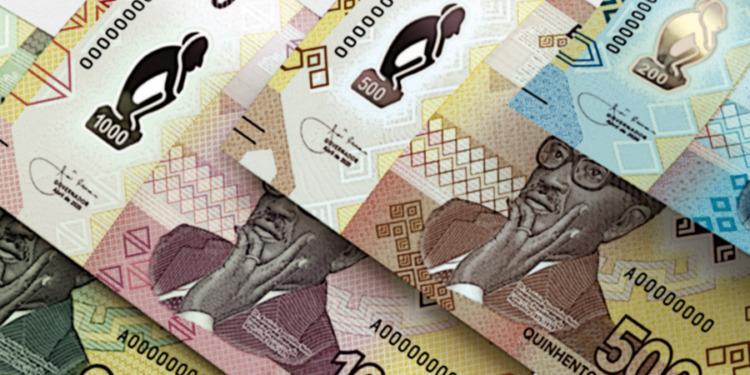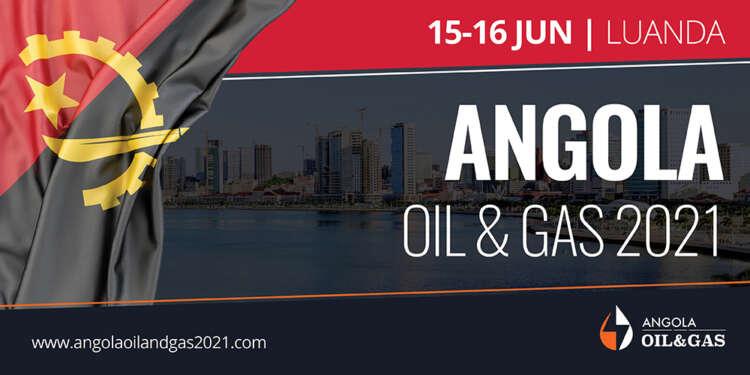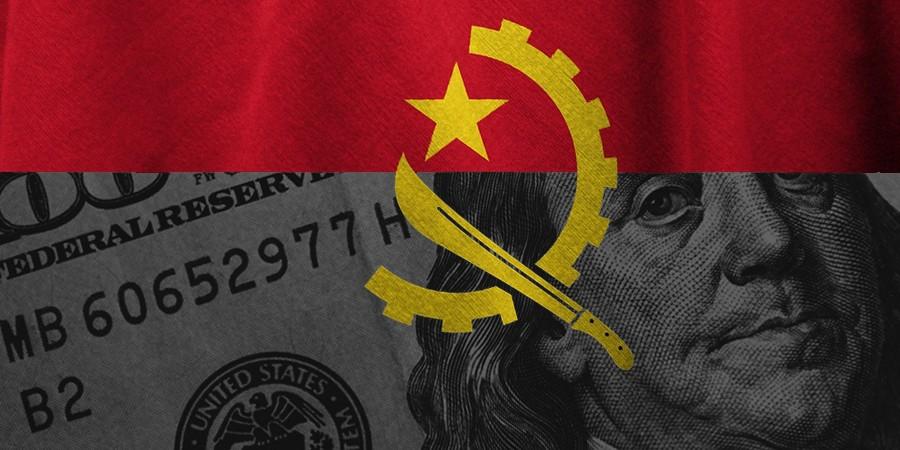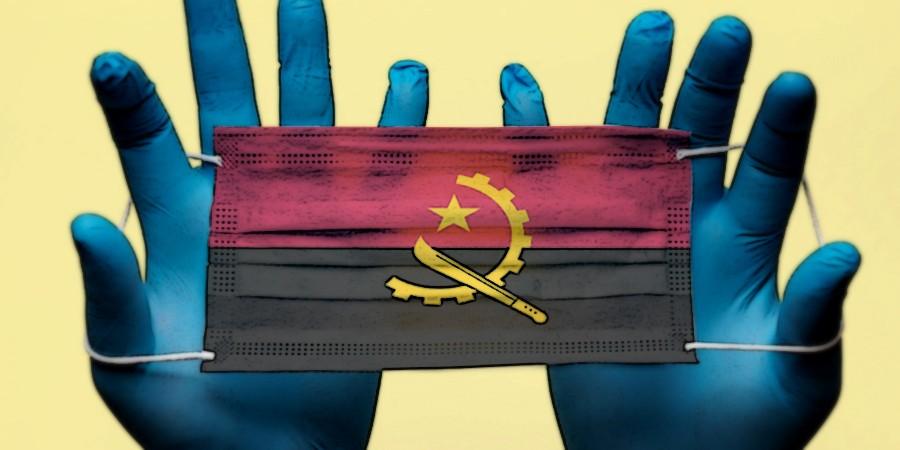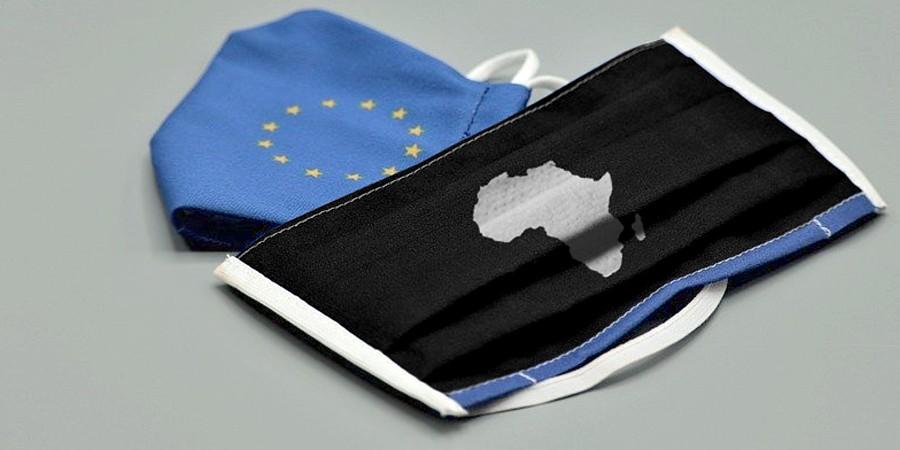- Africa’s new dawn: the rising role of digital and AI in agriculture
- Can Dangote Refinery Transform Africa Energy Ambition
- Gallup Survey: 80 per cent of Kenyan Workers Are Disengaged and Seek New Opportunities
- Madagascar Man Freed from 5KG Tumor After 15-Year Struggle
- How women in Africa are perceived and treated
- Sugar consumption in Kenya to Increase to 1.23 Million Tonnes
- Can Somalia and Turkey Oil deal Bring Change in Somaliland
- Remittances to Kenya dropped to $371.6 million in June, marking a six month low
Browsing: Angola
For survival, businesses need to guard against the negative effect of the elections by geographically diversifying their revenue streams. Revenue streams from different sources could help balance fluctuations.
While not all businesses are able to this, there is the need to come up with plans to cushion their businesses.
In order to plan effectively, it is critical to first assess the threat at hand. Some firms, such as those that provide critical goods and services, may be less adversely affected than others. A company’s sales may actually grow during election time especially for those working in the printing sector since they can produce campaign materials like posters and t-shirts. …
According to a top official Seychelles is expected to establish airline connectivity with Angola and enter into a bilateral air services agreement signing that is scheduled in September.
This economic agreement will spur tourism and commerce between the two nations. Seychelles prides in their wonderful natural tourism assets in its beautiful beaches and mountain backdrops which contributes 24.8 percent of gross domestic product (GDP) while Angola is rich in natural resources as well as having large reserves of oil and diamonds, hydroelectric potential, and rich agricultural land.
Speaking to a press earlier this month the Seychelles Minister for Transport, Anthony Derjacques, said that Angola has always been very attractive to Seychelles and its national carrier, Air Seychelles, and such an agreement will open the countries for commerce, exchanges and visitors.
“We are already flying to South Africa and Angola is also in Southern Africa. It will help us a lot …
This diploma has the goal of completing the regulatory programme carried out by the Angolan Executive with the purpose of reforming financial regulations.
purpose of reforming financial regulations.
In fact, this new Law has the purpose of suiting the current challenges within the scope of financial stability, in particular in what concerns the reinforcement of the legal framework of the regulation and supervision of the institutions participating in the Financial Sector.
Thus, this new regime introduces significant changes to the existing legal framework, namely in what concerns its institutional part, as well as supervision, interventive, contraventions, and sanctions measures.
Also read Finance in Common Summit Spring Meeting: Public development banks call for new financing for Africa’s recovery post-Covid-19
Further to the above-mentioned, this new Law establishes:
a) The procedure for incorporation and carrying out of Financial Institutions’ operations;
b) The exercise of the supervisory activity;
c) The procedure for corrective intervention and resolution; and…
Africa Nations bagged goodies from the just concluded Paris summit held in France on May 18. The Summit brought together African leaders and global financial institutions, where a new deal was launched for Africa and by Africa, in host of the French President Emmanuel Macron.
For several decades in Africa, debates have taken place around economic relations between France and its former colonies in the continent.
But from Economic and political statements of Commentators of whether few element of exploitation exist or not in France’s way of Trading In Africa it is not a matter of Concern from French President Emmanuel Macron who is in mood to continue trading and offering Goodies to Africa, even though some of the unfair and unequal ethics are left unsaid. his country continues to control the trade and currency of these former colonies. The maintenance of economic domination allows the prolongation of political domination.…
As the country seeks an industry revival, Angola Oil & Gas 2021 will serve as the official meeting place and investment destination for industry stakeholders.
Angola, as the second-largest oil producer in sub-Saharan Africa, holds approximately 8.2 billion barrels of proven oil reserves. Contributing to 50% of gross domestic product and nearly 90% of national exports, oil represents an invaluable resource to the domestic economy. The country also holds the fourth-largest proven natural gas reserves in Africa – approximately 343 billion cubic meters – along with significant renewable potential in solar and wind. In a bid to offset declining hydrocarbon production, the Angolan Government has implemented several key initiatives focused on spurring new exploration activities, increasing foreign direct investment and incentivizing local participation within the industry. Accordingly, Angola is set to become a prime investment destination in 2021, as it seeks a year of revival for its prolific oil and …
On October 12th, Law no. 35/20 – the Free Trade Zones Law (“FTZL”) – was passed. The FTZL has established benefits to be conceded to investors by the Angolan Government, aiming at attracting foreign investment in Angola thus creating economic growth.
All types of investment are permitted in the Free Zones, specifically investment in agriculture, industry (that use Angolan raw materials and are focused on exportation) and technology. Specific aspects pertaining the access to Free Zones (such as monetary requirements, number of jobs created, investments in fixed assets) shall be determined in the investment contract.
Access to the Free Zones is permitted to companies, joint ventures, groups of companies or any other form of companies’ representation, whose scope meets the purpose of the Free Zones.
The investments made in Free Zones must take into account environmental protection interests.
Activities to be developed in the Free Zones
In the Free Zones …
Since its creation, the Luanda-Bengo Economic Exclusive Zone (EEZ) has been a factor encouraging investment, not only in the region but also in the Angolan economy.
Its economic evolution has been felt over the last few years, in the flourishing of several innovative projects within this project, much due to the commitment and promotion that the Government has made. One of the paradigmatic examples of this commitment is the privatization plan that has been carried out over the last few months, in order to allow for greater competitiveness in the EEZ and an increase in the investment of national and foreign investors in businesses in order to create wealth and increase national productivity.
In addition to diversifying the economy, the EEZ aims to develop business clusters, create jobs and increase exports.
Also Read: Securing the future of Mozambique finances
For that purpose, the Government has defined a set …
A webinar organised by The Power & Electricity World Africa, entitled “Achieving Energy Security: Encouraging Healthy Competition And Regulation For IPPs”, took place on the morning of July 14th, 2020.
Also Read: Angola’s exceptional measures in force during sanitary enclosure
The attending virtual panel consisted of:
- Dr. Clinton Carter-Brown, Energy Centre Head, CSIR, South Africa – Moderator
- Vitor Marquez da Cruz, Managing Director, MC&A Advogados
- Eng. Julius Riungu, CEO, Tsavo Power, Kenya
The topic of African Energy security and the challenges ahead was debated in a little over an hour, with very insightful contributions from all parties involved being brought to the forefront.
The imbalance of supply and demand for electricity in Africa curbs its potential for economic development. IPPs (Independent Power Producers), though, align very well with the national energy security agenda and are a definite solution to meeting Africa’s growing electricity needs.
Africa currently accounts for …
Entered into force the Presidential Decree 184/20, that foresees exceptional and temporary measures that will be in force when the Sanitary Enclosure is declared in any Angolan Province or Municipality.
Also Read: Angola – Important amendment to the Private Investment law
The main measures are the following:
- Use of face mask is mandatory in the public road, markets, commercial establishments, places of worship, educational establishments, public transports and, in general, all the enclosed spaces that are open to the public.
- If the facial mask is not used when mandatory, the person is not permitted to enter in that space/establishment and may be sanctioned with a fine from AKZ 5.000,00 to AKZ 10.000,00.
- Citizens shall stay in their houses, except in case of necessary and indispensable travel.
- People with 60 or more years old, with chronical diseases (as renal, cardiovascular, oncologic, diabetes or other diseases), who are pregnant or take care
Mozambique, Angola, Namibia, Ethiopia, Zambia, Rwanda, Uganda, Egypt, Tunisia, Algeria and Morocco.
These are the African countries set to be allowed to enter the EU territory as the borders reopen in July, according to a draft list of the countries obtained and reported by euronews.
As the European Union gets ready to reopen its borders, officials in Brussels are debating behind closed doors, the draft of two lists; one with those countries that will be accepted, and one for those which will not, as the territory struggle to meet their previously announced July 1st goal.
The euronews sources also reported that officials “could not reach an agreement”, that talks would continue and that the deadline to open the borders may very well be extended beyond July 1st, suggesting agreements will not be forthcoming in time.
Also read: Air passengers travel confidence key to salvaging African airlines
Notably, Brazil, Qatar, …





